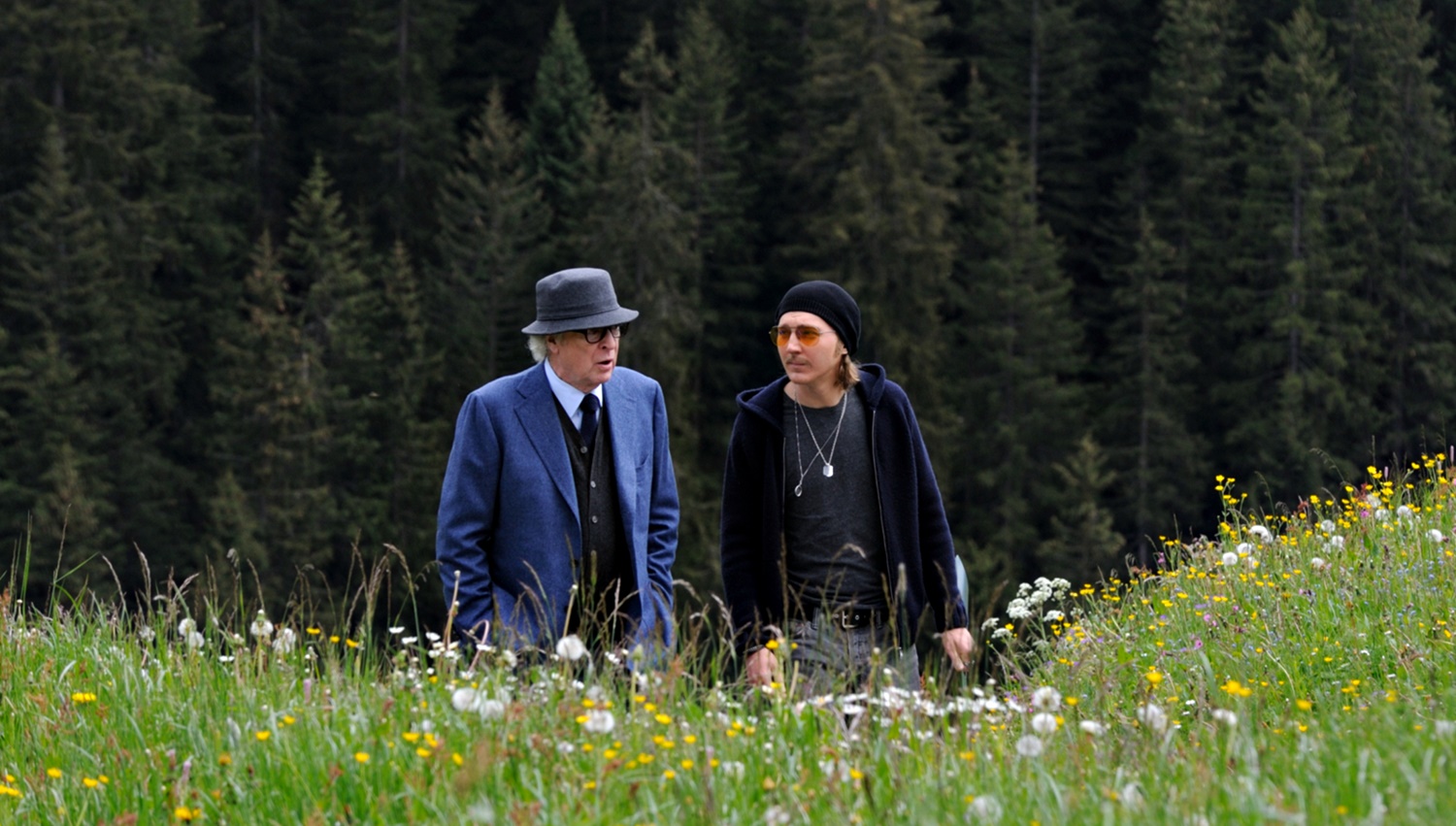
Youth
Dustin Chase
Paolo Sorrentino presents Youth much like a classic Italian filmmaker from the 1950’s. It’s an art film for sure, but Sorrentino’s original script offers much more than just stunning Switzerland visuals and curious cinematic metaphors. It’s the cast, including a memorable performance from double Oscar winner Michael Caine (The Dark Knight, The Last Witch Hunter) that keeps the audience engaged, although Youth doesn’t follow a general narrative nor is it hurdling towards a foreseeable conclusion. Think Wes Anderson’s Grand Budapest Hotel, but without an entourage of celebrities (although Caine certainly has some Bill Murray moments), bright colors or voice over.
On a frequent vacation at a high end Swiss spa, retired maestro Fred Ballinger (Caine) and his best friend Mick Boyle (Keitel) contemplate their youth, or lack of, in very different ways. Sure they both enjoy ogling at the perfect structured nude bodies, especially Miss Universe, taking luxurious swims in the pool. Regarded as one of the most renowned composers of his era, Ballinger continually refuses the request of The Queen to perform his Simple Symphonies at an upcoming concert. Mick, one of Hollywood’s longest working directors is nearly finished writing the script he says will be his greatest achievement. Fred must find comfort for daughter Lena (Weisz) who has been expelled from her marriage with Mick’s arrogant son.
Delivers so much on screen, but the viewer must be willing to interpret and decipher it’s meaning to relish the experience.
Each deep conversation is shown as various characters walk outside the beautiful resort. Cinematographer Luca Bigazzi (frequent Sorrentino collaborator) certainly deserves credit for his work here, but much of the beauty on screen is natural. Sorrentino certainly keeps the entire story and its many running parts on the subject of age. Much like Judi Dench first played her age in Philomena, Michael Caine known for playing ageless supporting roles in action/adventure films, finally explores mortality. It’s his first leading role since Harry Brown in 2009 and could earn the 82-year-old a seventh Oscar nomination. While Jane Fonda known for her ageless beauty tackles something very wrinkly here, her show stopping one scene still doesn’t beat the brutally honest, tear filled close up Weisz’s character expressing disapproval towards her father.
Youth certainly has its lighter moments in there too, one where Fred directs a symphony of cows, another a shop full of cuckoo clocks. After 15 minutes of film, we finally get the title card which alone suggests the viewer is in for a unique experience. The young and beautiful, the old and wrinkled, there are bodies of all types on display. Youth mostly exists within its two hours without purpose or drive. It’s the interaction that keep the story moving. Paul Dano represents the Zac Efron Hollywood generation, while his character certainly provides more curiosity for the story, his role is less interesting than others. Youth delivers so much on screen, but the viewer must be willing to interpret and decipher it’s meaning to relish the experience.
Final Thought
Oscar worthy performances in modern interpretation of classic Italian cinema.
